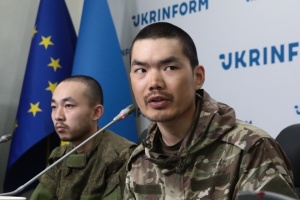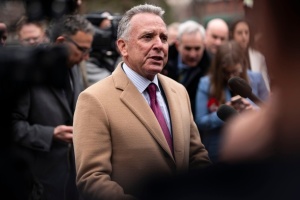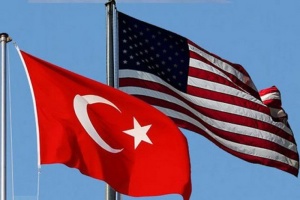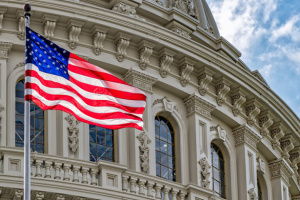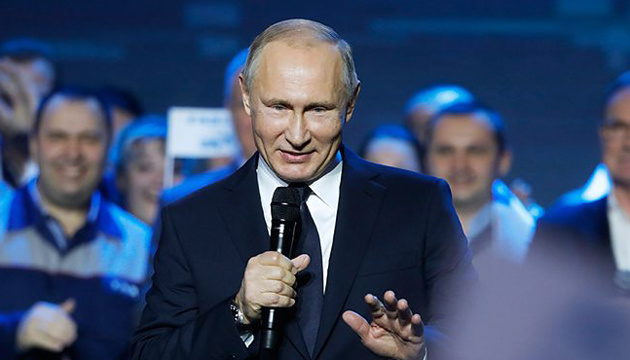
The Toxic influence of Russia
According to EU Today, in April 2014, after the Russian Federation began military aggression against Ukraine and occupied part of its territory, PACE stripped its delegation of the key rights, including the right to vote and take part in the assembly’s governing bodies. Today, European politicians are increasingly discussing the possibility to restore these rights.
It cannot be said that this happened unexpectedly, since members who were supportive of Russia were always in the Assembly. The pro-Russian deputy from the Netherlands, Tiny Kox, with the help of some friendly German diplomats, prepared a report and a draft decision on changing the mechanism of sanctions in force against the Russian Federation. However, the Assembly refused to discuss the document, which would allow the Russian delegation to return to the full-fledged work in the Council and make it harder for PACE to impose sanctions in the future.
PACE voted, and although the Secretary General of the Assembly, Thorbjørn Jagland, supports the return of the Russian Federation and compares its withdrawal with BREXIT, the so-called RUXIT, the sanctions mechanism was not altered to Russia's great regret. At the same time, Russia was offered to form its delegation for the first time since 2014.
It turns out that everything is not as straightforward as it may seem at first glance. Rejected decision that the Dutchman was preparing left its clear mark. Even though Russia will not return to PACE, sanctions will not be lifted or weakened, but it treads the path, which can later be used under beneficial for Kremlin circumstances.
European deputies call for a dialogue between the parties and compliment Russia with statements such as the “largest state”, note “the importance of its membership in PACE”, while forgetting that this is not the first time Russia has been deprived of its powers in the Assembly. In 2000, Moscow lost the right to vote for a year for the actions of its troops in Chechnya. However, thanks to the short-sightedness of European deputies, Russia was allowed to return. The Russian leadership took into account the weakness of Europe and the unpreparedness of European institutions to adequately respond to its aggressive actions. This led to disastrous consequences - the war of the Russian Federation against Georgia in 2008 and the annexation of Abkhazia and South Ossetia. An attempt to deprive Russia of powers in PACE for these actions was unsuccessful. Once again Russia felt impunity and, as a result, today we have a new armed aggression of Russia this time in Ukraine.
The history is repeating itself. Today, the European deputies are again not ready to adequately respond to the actions of the aggressor. At the same time, the strong desire to bring Russia back to PACE, even if it does not fulfill the requirements established by the Assembly itself, continues to gain momentum. Such attitude of leading countries and EU leaders only intensifies the contradictions between Western and Eastern Europe, and this concerns not only the Ukrainian question.
Despite the fact that the Council of Europe supports the Ukrainian delegation, promises never to recognize the occupied Crimea, criticizes the Kremlin for aggression, it still speaks in favor of Russia’s return as a full member of the Assembly. The European deputies which are especially loyal to Moscow are convinced that this would be better not only for Europe, but also for Ukraine. Although it is obvious that all this turmoil is definitely not for the sake of building a dialogue. Someone who is “very interested” pursues his/her own selfish interests, ranging from government policy to business.
Whatever the final result of this behind the scenes political intrigue may be, all these contradictions play into the hands of the Kremlin’s strategic interests in shaking the unity of Europe. Therefore, Moscow will continue to actively use the policy of blackmail, trying to split the European partners.
At the moment, it is premature to talk about the return of Russia to PACE as a fait accompli, but all the measures that are being taken to implement this Kremlin plan pose a great danger to European society. European deputies should remember that Russian toxic influence leads to the degradation of any international organization of which Russia is a member, be it the UN Security Council or the PACE. It is worth recalling that at one time the USSR, whose ideals Russia adopted, also once asked to become a full member of NATO. Now it can be easily assumed that in the case of a hypothetical admission of the Russian Federation to the Alliance, Russia would become the last country admitted to this organization. The Russian delegation would block any NATO initiatives, not only to expand the Alliance, but also on any other issues.
Europe needs to decide what is more important for it: strengthening its own powers and the support of its allies, or the return of revisionist Russia with its gas blackmail as a full member of PACE. It is clear that Kremlin does not intend to fulfill the obligations and abide by the values of the Council of Europe any time soon. The next session of the Assembly is scheduled for June. The Russian question will again be on the agenda. It is possible to envision that even without any concessions, changes to the rules of the game will be made in order to please the Russian leadership. If this materializes, the return of the Russian Federation to PACE will be viewed as a defeat of the West and its democratic values. The tragic consequences are, unfortunately, already known to Georgia and Ukraine. The question is which European country will be next if European organizations adopt laissez-faire approach to Russian aggression?

